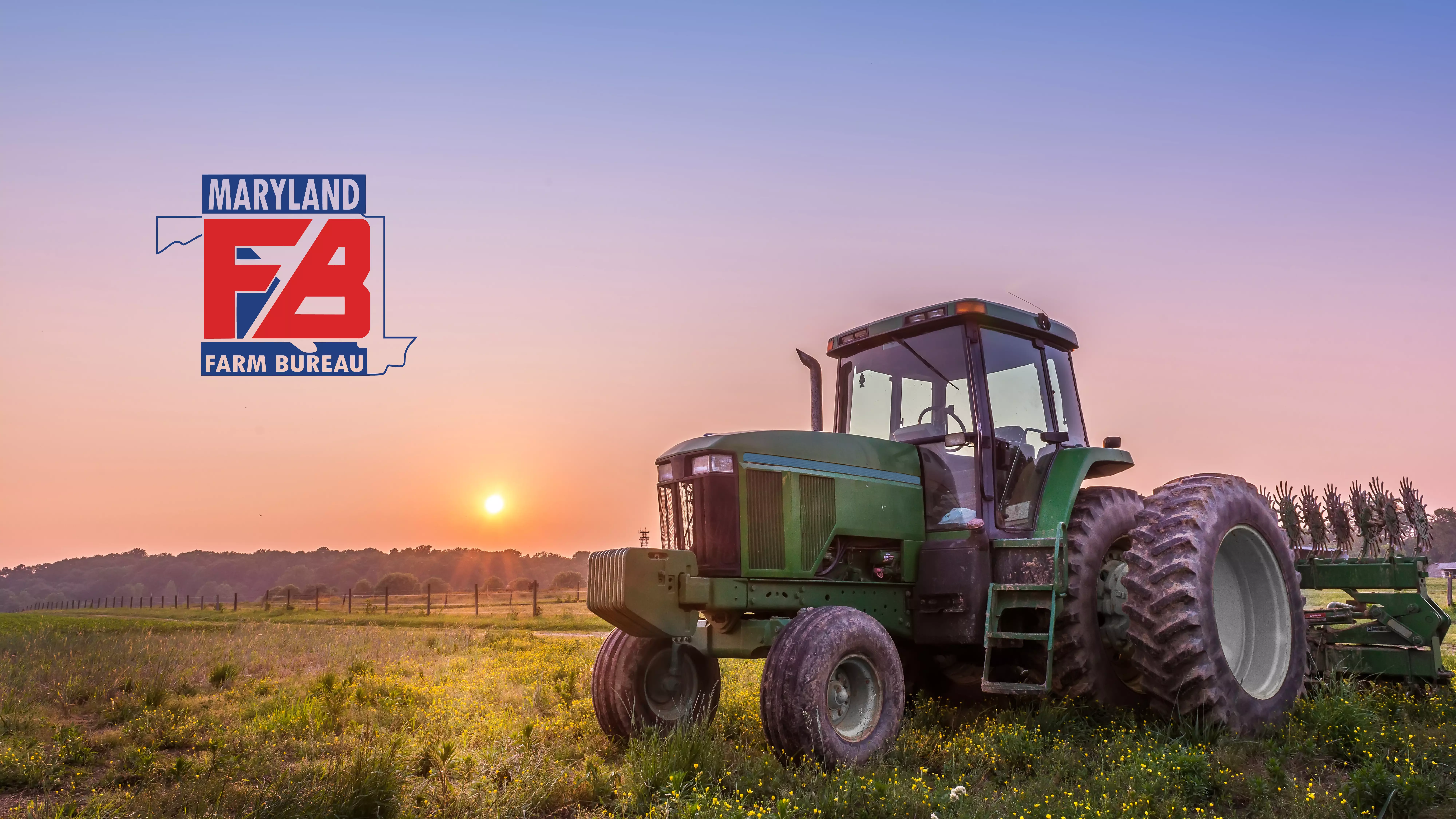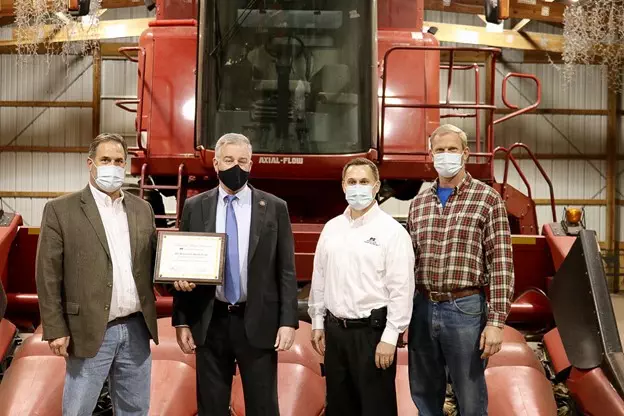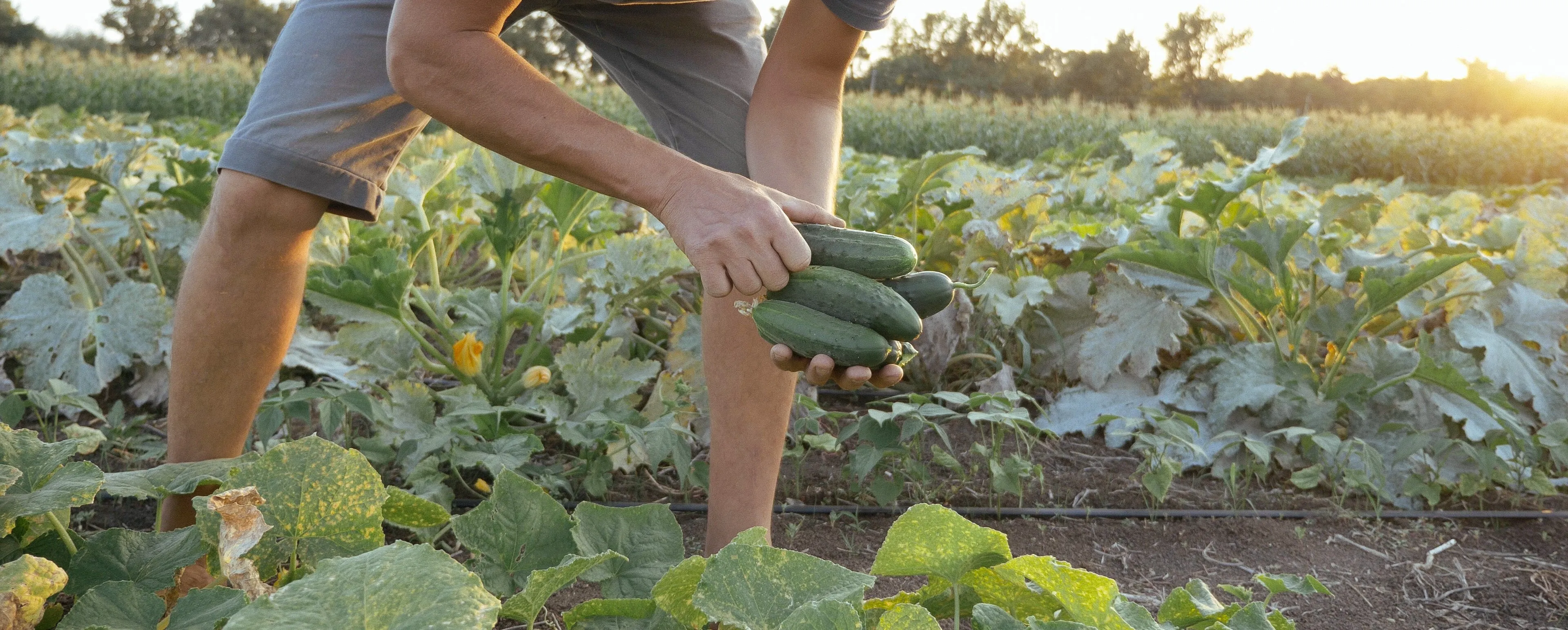Maryland Farm Bureau thanks Governor Hogan for 2021 Rural Broadband and Infrastructure Budget
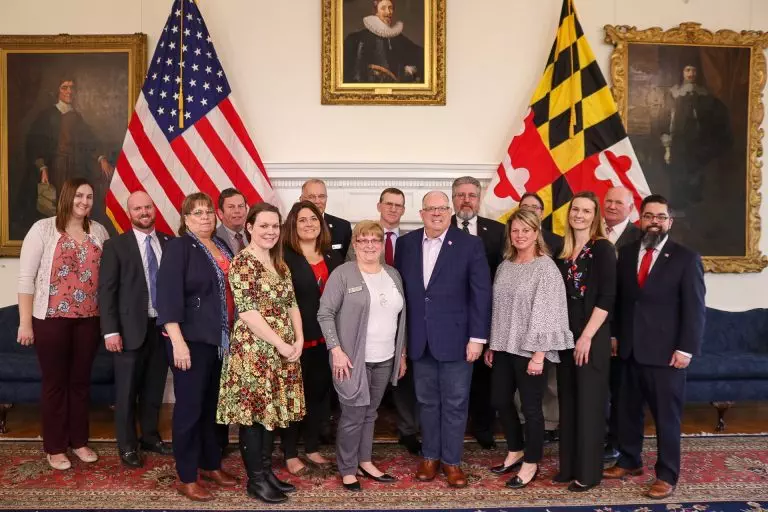
On behalf of our more than 12,000 members, Maryland Farm Bureau thanks Governor Hogan and his administration—Speaker Adrienne Jones, Senate President Bill Ferguson and their leadership team—for prioritizing broadband infrastructure investment in this year’s budget agreement. In 2020, the effects of the COVID-19 pandemic have clearly shown that rural broadband access continues to be severely limited in our state. Nearly 25% of Maryland’s rural citizens have limited to no internet service.
We encourage the Governor and the General Assembly to prioritize infrastructure in rural communities across Maryland. As precision agriculture expands in the farming landscape, the need for internet service is critical. Utilizing GPS technology, both on-board computer updates and green-seeker in-field crop analysis have become valuable tools that farmers use to control over-application of nutrients and crop protectants; this helps reduce runoff and improve water quality. In addition, access to telemedicine and telehealth services for rural residents is essential for those who do not live close to cities and towns where in-person medical services are easier to access than in rural parts of the state. Furthermore, the need to provide online education to children living in rural areas where broadband access is sparce continues to put our rural youth at a learning disadvantage.
Expanding the broadband infrastructure into our rural communities not only helps Maryland’s farm families but all rural citizens in our state. We look forward to working with state leaders to bring internet connectivity to every corner of Maryland.

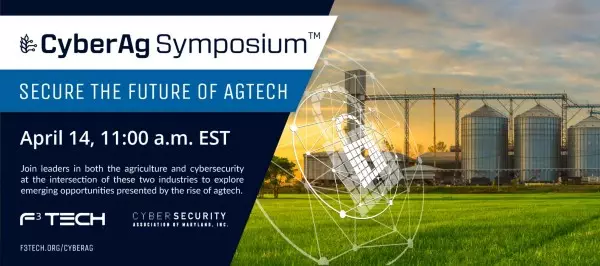
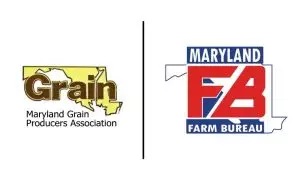 The Maryland State legislature convened in January for an unprecedented, largely virtual, legislative session. COVID-19 and other important issues from the trying year that was 2020 have given the legislature plenty of priorities to focus on and overcome during the 2021 session. Given the limited time for legislators on the floor and priority issues to advance during a global pandemic; one would assume the Senate would not spend precious legislative time overriding a Gubernatorial veto on a bill for which the provisions have already been enacted through regulation. That is why they should not seek to override the veto on Senate Bill 300 “Pesticides – Use of Chlorpyrifos – Prohibition” that passed in the waning hours of the truncated 2020 session.
The Maryland State legislature convened in January for an unprecedented, largely virtual, legislative session. COVID-19 and other important issues from the trying year that was 2020 have given the legislature plenty of priorities to focus on and overcome during the 2021 session. Given the limited time for legislators on the floor and priority issues to advance during a global pandemic; one would assume the Senate would not spend precious legislative time overriding a Gubernatorial veto on a bill for which the provisions have already been enacted through regulation. That is why they should not seek to override the veto on Senate Bill 300 “Pesticides – Use of Chlorpyrifos – Prohibition” that passed in the waning hours of the truncated 2020 session.
